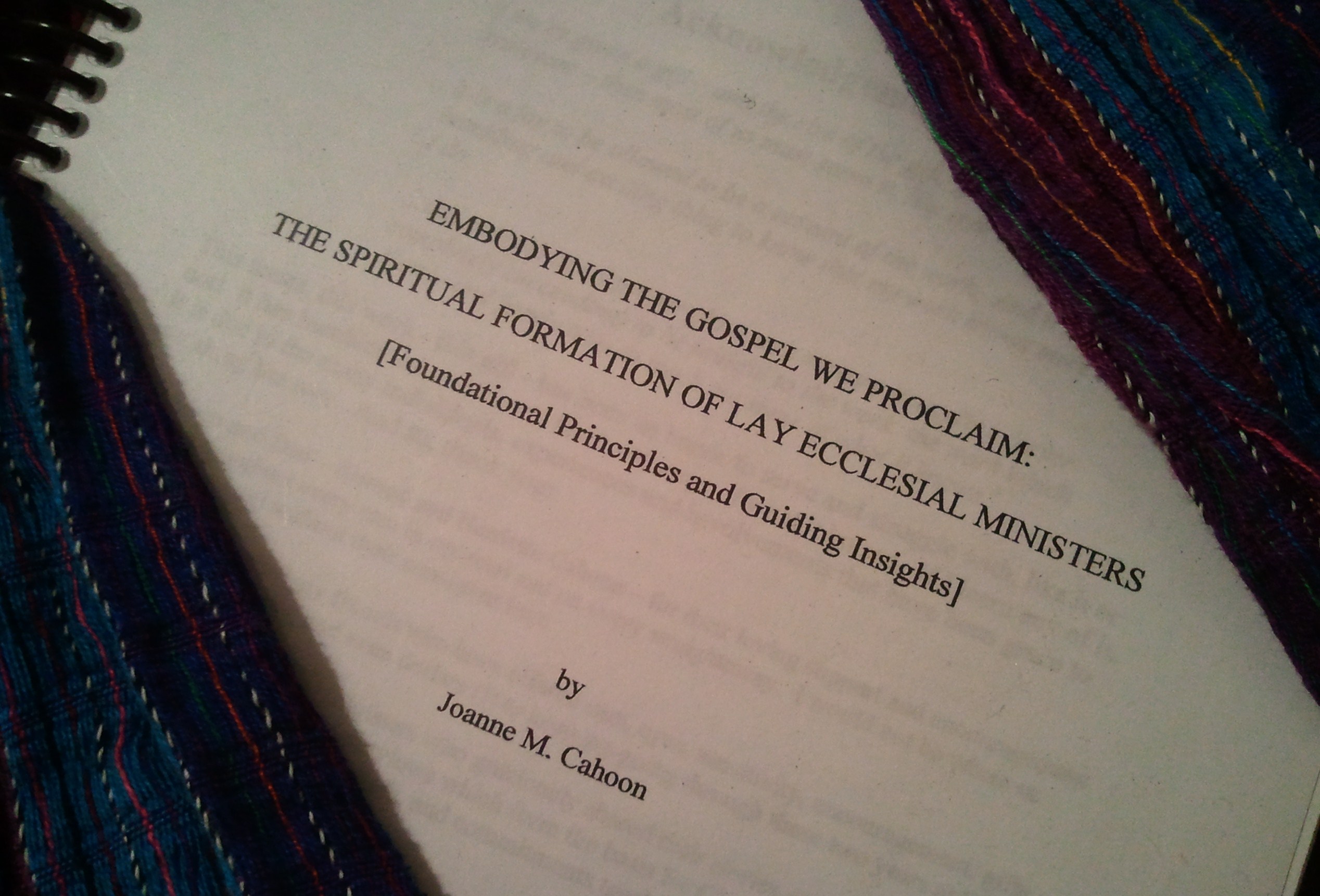Psalm 51 is a staple of Lent, of Fridays, of pleading for mercy and forgiveness. As Friday has just passed, I share with you this translation/poetic rendering of the psalm from Nan Merrill’s Psalms for Praying: An Invitation to Wholeness. I particularly have been moved over the years praying with these words, and offer it for your Lenten lingering.
The bold in the text below is mine, with some comments which follow for your rumination.
But first, here’s a suggestion for your presence with the psalm. Simply read through it once and notice the echoes in your own heart/being. Then take some moments of silence and read through/pray through it once more, lingering wherever feels right. Do not analyze it to death or think up a storm of words and concepts to tame or control your time with it; just let it say some of your heart to God and listen too for what God may be speaking to you. Enjoy some conversation of your own with Our Compassionate Friend then, and close your time with the psalm with a last reading. If you wish, then see my last notes below the text. But pray with it first! And last! And perhaps, only!
Have mercy on me, O Gracious One,
according to your steadfast love;
According to your abundant kindness
forgive me where my thoughts and deeds have hurt others.
Lead me in the paths of justice,
guide my steps on paths of peace!
Teach me, that I may know my weaknesses,
the shortcomings that bind me,
The unloving ways that separate me,
that keep me from recognizing your life in me;
For I keep company with fear, and dwell in the house of ignorance.
Yet, I was brought forth in love,
and love is my birthright.
You have placed your truth in the inner being;
therefore, teach me the wisdom of the heart.
Forgive all that binds me in fear,
that I might radiate love;
cleanse me that your light might shine in me.
Fill me with gladness; help me to transform weakness intro strength.
Look not on my past mistakes
but on the aspirations of my heart.
Create in me a clean heart, O Gracious One
and put a new and right spirit within me.
Enfold me in the arms of love, and fill me with your Holy Spirit.
Restore in me the joy of your saving grace,
and encourage me with a new spirit.
Then I will teach others your ways,
and prisoners of fear will return to You.
Deliver me from the addictions of society, most Gracious One,
O keep me from temptation
that I may tell of your justice and mercy.
O Gracious One, open my lips and my mouth shall sing forth your praise.
For you do not want sacrifice;
You delight in our friendship with You.
A sacrifice most appropriate is a humble spirit;
a repentant and contrite heart, O Merciful One, is the gift You most desire.
Let the nations turn from war, and encourage one another as good neighbours.
O Most Gracious and Compassionate Friend,
melt our hearts of stone,
break through the fears that lead us into darkness, and
Guide our steps into the ways of peace.
We are not to be those who keep company with fear. Love is our birthright. Still, we each have our own endlessly creative ways of getting lost, becoming separated, not consenting to living as one who is loved so very much. We need teaching from the one who delights in our friendship. We need rescue (isn’t Lent about being with the one who rescues us?) from our distinct patterns of fear and isolation, of consenting to being bound to an identity that is not our true one.
We are loved! We are beloved ones! We are cared for by One who sees much farther than we do into our hearts and who – with all the heavens, the stars, the planets, the sparrows, the lilies of the field, the wondrous creations which flow from Trinity Love – intended us to be and to know joy.
Most of us keep company with fear to some degree and in some seasons. We have our reasons to. That we become afraid, that we are limited, that we do not understand – this is no problem. Inviting fear to be our close companion and the traveling partner that we attend to and allow most to shape us – this is.
Once more, we must learn to live loved – learn to live in the light of One who scatters darknesses we are not even entirely conscious of. Our humility is simply fact – we don’t know and don’t see. We are creatures, not Creator. But we are oh so precious.
So, have mercy on our weakness and blindness, Lord. Guide us truly. Show us where we keep company with fear, and give us heart to choose more consciousness of you than of what freezes us. Teach us to lean on your grace. We will trust that you know what we each need to be restored. Help us choose reconciling and freedom; and help us be gentle with ourselves as you unfold for our vision our attachments to lesser ways, our holding tight the ropes which bind us. We will find joy as we watch you unravel our complicated patterns, our clutched protections and pretenses. We will learn to relax in your love, and so more deeply live in it. And perhaps we may yell with pain and joy at our releasement, like Eustace in C.S. Lewis’ The Voyage of the Dawn Treader when his dragon skin is removed by Aslan (Christ figure in Narnia) so he may once again become a boy – an oh so much wiser, humbler, easier to be around boy.
I love Nan’s proclamation of promise to God:
Then I will teach others your ways,
and prisoners of fear will return to You.
Joy! To be with each other, to aid, to support, as we recognize how we are imprisoned by our own choices, and learn to choose trust and living loved. And we all return to you! And the Saints will come marching in! I’ll meet you praying this psalm.

















